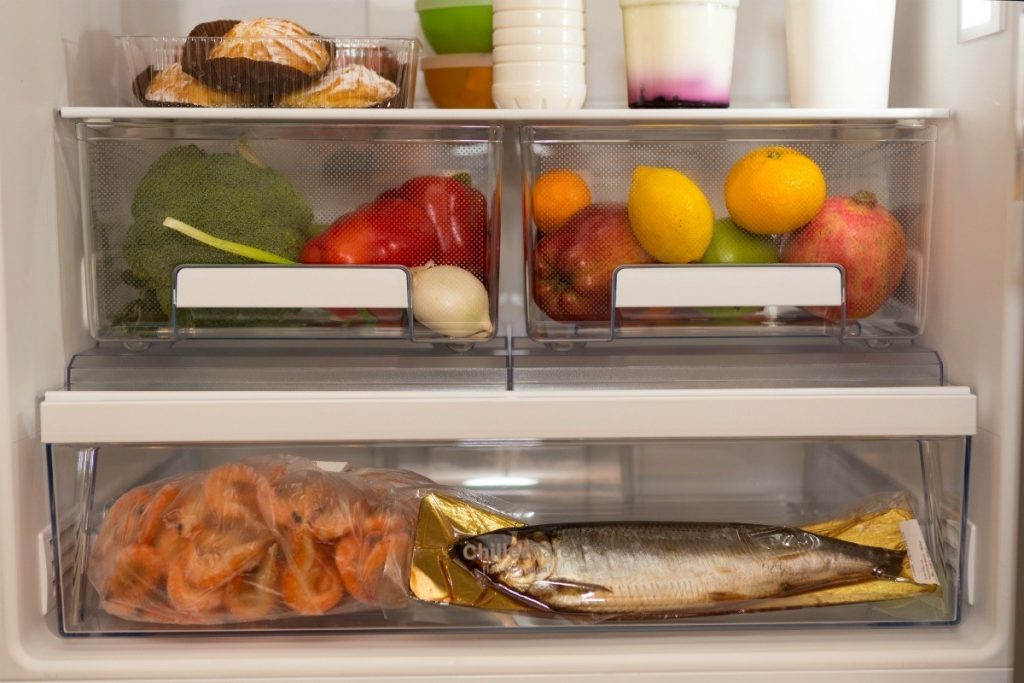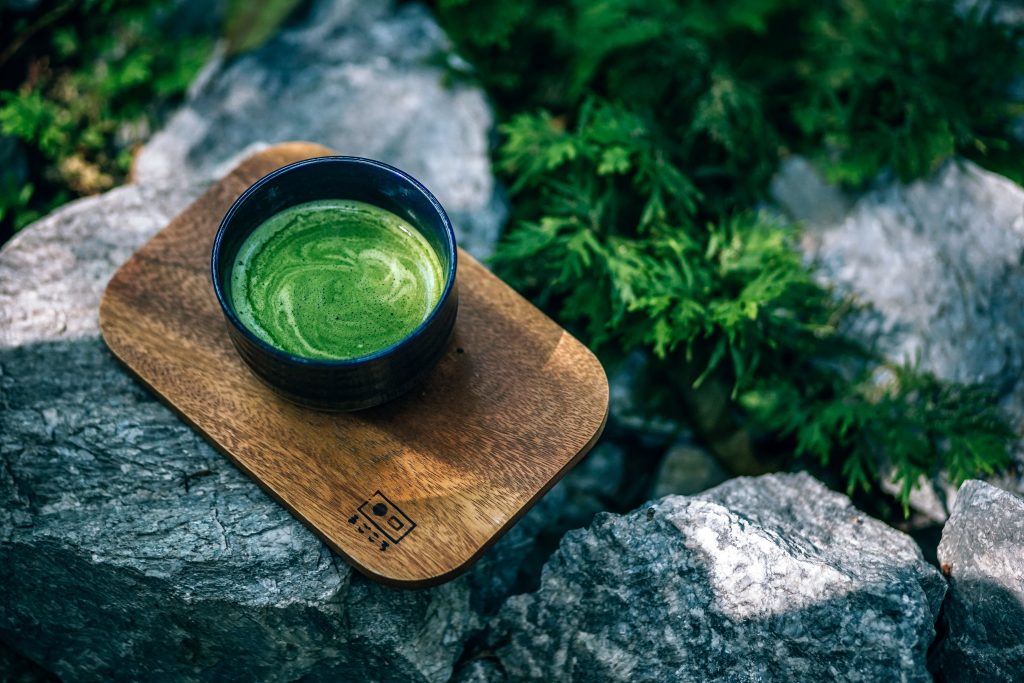Home » Articles posted by Shop Mazama
Author Archives: Shop Mazama
7 Steps To Help You Wash The Fridge And Eliminate Smells With 8 Home Remedies

How often do you need to wash the refrigerator?
In addition to daily revisions of products and wiping the walls of the chamber, you need to carry out more extensive cleanings from time to time.
- It is optimal to carry out on-call care of the refrigerator without defrosting once a week – you need to wipe it from the outside and from the inside, including the rubber seal, discard everything excess that has accumulated during the week;
- Thorough cleaning of the best outdoor refrigerator with defrosting from this list https://refrigeratorfaq.com/outdoor-refrigerator/, like Bull Outdoor Products 11001 is best carried out once a month, then ice will not form in the freezer, reducing the efficiency of the work, and unpleasant odors will not appear in the refrigerator. However, if you are not a perfectionist, and your refrigerator is working properly and even has the function of no-frost, then one cleaning per quarter will be enough.
7 Steps
So, how to wash the refrigerator?
1. Empty the refrigerator. Throw away everything that has deteriorated, put perishable and frozen foods in a container, and then put it in a cool and dark place or in a basin with cold water and ice.
2. Defrost the refrigerator by first adjusting the temperature to zero and then unplugging it. Keep the refrigeration and freezer doors open. As a rule, defrosting lasts from 3 to 10 hours.
How to quickly defrost a refrigerator? The following methods will help speed up the process:
- put a small pot of boiled water in an empty refrigerator and close the door. Once the water has cooled, drain it and refill the container with boiling water. Repeat this until the freezer defrosts;
- or cut a small hole in the lid of the plastic bottle and fill the bottle itself with boiling water, then carefully irrigate the ice with it – this will help it thaw and crumble faster.
3. Next, start washing the shelves, containers and soiled packaged products. While the freezer is defrosting, remove all shelves, containers and side racks, and put them near the sink or in the bathroom.
4. We clean the condenser in the back of the refrigerator from dust. This can be done using a vacuum cleaner or a long narrow brush.
5. After the refrigerator defrosts, proceed to washing the inside of it. But first you need to drain the melt water from the pan if there is a lot of it (if there was not enough ice, then you don’t have to do this, because the water itself will evaporate over time).
Washing should start from top to bottom, paying particular attention to the far walls, corners and recesses. Be sure to clean and disinfect the drain hole on the back of the camera – it is usually this that is a source of unpleasant odor in the refrigerator. To do this, you can pour the cleaning solution directly into there with an injector or a syringe. Lastly, clean the rubber seal with an old toothbrush, and then wipe it dry. It is better to leave the door open until the walls of the refrigerator are completely dry.
You can make home-made solutions for cleaning and pour them into the spray bottles.
Recipe for soda solution: it is done in an amount of 2 tbsp. per 1 liter / 33.8 oz of water. For washing the refrigerator you will need approximately 5 liters / 169 oz of water. Wash the entire fridge chamber with the solution, and then remove the remnants of the soda with a clean rag;
Vinegar based recipe: make a solution in an amount of 2 tbsp. per 1 liter / 33.8 oz of water, then wipe the entire chamber with it.
Attention! Rubber pads should not be wiped with vinegar, as this will cause them to dry out and deteriorate;
In order to eliminate the smell in the new refrigerator, vinegar solution is the best one.
6. Now wash the outside of the refrigerator. You can do this with the same solution.
7. Put all the shelves and containers back in the fridge, place all the products in and turn the refrigerator on.
It is important that all boxes, cans, bottles, bags and containers are dry.
8 popular ways to get rid of the smell in the refrigerator
To eliminate the unpleasant smell in the refrigerator, you can buy a ready-made odor absorbed or make a similar one at home.
To remove odors of mold, stale fish, meat, onions, etc. you need to:
- Wash the chamber with a solution of wine vinegar and water (the method is suitable for removing strong odors);
- Cut brown bread into slices, put it on the shelves and close the refrigerator for a day;
- Put a saucer with activated carbon on the shelf (or you can tie it in gauze pad/bag);
- Put 2 halves of cut lemon in the refrigerator;
- Put a gauze bag with sugar or rice in the fridge;
- Put tea bags or gauze bags with black tea in the fridge;
- Pour baking soda into a glass and put it on the shelf;
- Put a glass with vanilla extract into the fridge.
Coffee: benefit and harm, facts and observations
Coffee use and harm. We have tried to collect the latest and most significant research by scientists on this issue and we share it with you.

The attitude to coffee is changing.
Scientific interest in coffee is growing as more and more new work is being done to confirm its positive impact on health. Although for a long time, few have decided to call coffee a healthy product. The alkaloid caffeine contained in coffee has a stimulating effect on the cardiovascular and nervous systems, and can also be addictive if used for a long time. Coffee has a stimulant effect on the body and increases blood pressure. As a result, insomnia, and hypertension increases the risk of stroke.
Caffeine is not only found in coffee, but also in seeds, nuts and leaves of a number of plants growing in South America and East Asia, such as tea, cocoa, mate, guarana, cola and some others. It is synthesized by plants to protect against pests. In contrast, insect pollinators produce a caffeine dependency.
Statistics assure: today, scientists from different countries have already conducted more than 19 thousand studies on the useful and dangerous properties of coffee. Thus, in July this year the results of the largest recent study on the impact of coffee on life expectancy were published.
It covered 521,330 people aged 35 years and over living in ten European countries: Denmark (11%), France (14%), Germany (10%), Greece (5%), Italy (9%), the Netherlands (8%), Norway (7%), Spain (8%), Sweden (10%) and the UK (17%). It was conducted jointly by the University of Oxford, Imperial College London and the International Agency for Research on Cancer (IARC) as part of a major EPIC (European Advanced Cancer and Nutrition Research) study. Volunteers were recruited between 1992 and 2000 and for an average of 16.4 years filled out regular nutrition questionnaires. In addition, biochemical test results were also used. By the end of the survey, about 41,693 people had died from various causes. The causes of death included cancer, strokes, heart disease and circulatory problems.
The study showed the feedback between coffee consumption and diseases of the liver and digestive organs, suicide in men, cancer in women, diseases of the cardiovascular system. Those who drank three cups of coffee a day or more had a lower risk of death from all causes than those who did not drink coffee at all. Scientists concluded that drinking coffee was associated with reduced risk of death from various causes. And this ratio did not change depending on the country.
Caffeine and its positive properties

The main product that is contained in coffee is caffeine. Caffeine is a moderate stimulant of action. The effect of caffeine on people varies, depending on their sensitivity to this component. Some people drink several cups a day and it does not affect them in any way, while others may feel changes even from a single cup of coffee. The property of caffeine is that once it enters the digestive system, it dissolves quickly in the body and is eliminated a few hours after consumption. This is why coffee has a diuretic effect.
Caffeine increases the level of dopamine in the brain, which makes us feel cheerier and more fun. Coffee consumption in moderate amounts has a positive effect on the central nervous system: it improves mood, increases physical and mental activity. Mental health workers who drink 2 cups of coffee a day do their job much faster than their colleagues who refused to drink coffee – this was the conclusion reached by American researchers who studied the effect of caffeine on human mental abilities. However, it is difficult to determine the right dose on your own. After all, the effect of caffeine on each person individually and depends on the type of nervous system.
Coffee facts
Is it bad or bad to drink coffee? There is no unequivocal answer to this question. Of course, coffee is harmful in large quantities and when consumed frequently, just as any other frequently consumed product is harmful. Coffee is prescribed both for its miraculous properties and its ability to cause enormous harm. Let’s get to the bottom of this.
Coffee affects the CNS
It really is. As mentioned above, coffee is a stimulant of the central nervous system. However, exceeding the individual dose of a person leads to exhaustion of nerve cells, disturbance of normal functioning of the organism: fatigue, lethargy, reduced ability to work appears.
Coffee causes insomnia.
Coffee consumption at night can cause insomnia. However, this effect is not observed in everyone. Those who constantly “sit” on coffee are so accustomed to this drink that it ceases to be a stimulant. And yet, it is not recommended to drink coffee after 5 pm.
Coffee and pills.
Caffeine has the property of weakening or enhancing the effects of individual drugs. That’s why if you’re an avid caffeine addict, it’s worth checking with the doctor who prescribed your medication if you can take coffee and pills. But antidepressants should not be accompanied by coffee, as this product suppresses their effect.
Caffeine increases the risk of cardiovascular disease…
Coffee really enhances cardiac activity. However, healthy people who use coffee moderately have no tendency to develop cardiovascular diseases. No study has confirmed a connection between coffee consumption and heart attacks. In people who are particularly sensitive to caffeine, an increase in pressure may be detected, but it usually only occurs for a few hours. This is why it is not recommended for elderly people to drink coffee.
Coffee and Cancers
For a long time, it was believed that there was a direct link between cancer and coffee consumption. Research was conducted over a long period of time. However, no assumptions about the relationship between the appearance and development of cancer and coffee consumption have been confirmed.
Coffee and a cigarette are a bad combination?
Many people like to use coffee with a cigarette. Studies have shown that smokers consume much more coffee than non-smokers. Nicotine is more likely to take caffeine out of the body. Therefore, a smoker is more likely to need caffeine. Studies have shown that quitters do not reduce their need for caffeine for about six months. It should also be noted that decaf is more likely to cause the need for a cigarette. Combined use of coffee and cigarettes further increases the risk of arterial hypertension, can increase the manifestations of arterial atherosclerosis.
Coffee relieves hangovers
It’s the most common myth about coffee possibilities. Caffeine is not an antidote to intoxication, except that it gives the person a feeling of relief after a cup of coffee. But it’s caused solely by the person’s own consciousness. Coffee can only tone things up a little. All effects caused by alcohol are not neutralized by caffeine.
Coffee is addictive.
Exceeding his individual dose, a person forms an addiction. Stop drinking coffee can cause discomfort in the body: fatigue, sleepiness, headache, irritation and even depression. After a cup of coffee, these symptoms disappear. Problems usually begin 12-14 hours after the last drink. It’s the same as for sweet lovers who decide to go on a diet. It is enough to endure a week or two without your favorite product, as the addiction stops.
Pros and Cons of Green Tea – Healthy Lifestyle Secrets

Why green tea is bad for you?
So you’re a university student. If green tea has all the health benefits of a latte, then why is it so unhealthy? If green tea is as healthy as latte, why does that need health warning on the label? Good question. There’s no perfect answer. Green tea’s antimicrobial and antioxidant benefits make it a good addition to a well-balanced diet, but it’s possible that drinking green tea, which contains the chemical caffeine, can actually have a harmful effect on your health. The most recent version of the British Dietetic Association’s tea health claim labels, which now live on the government website, warn consumers that: Caffeine has been shown to increase the risk of cancer of the bladder.
Tea consumption may not harm you in any way. But you might be consuming more sugar than you should, according to American Heart Association. Your everyday teas, like black tea, green tea, oolong tea, and herbal tea, have high levels of caffeine. A serving of tea contains 40 mg of caffeine per cup. A large serving of regular tea can contain as much as 400 mg of caffeine. In addition, certain herbal teas, like pu’erh, have high levels of caffeine, and also high amounts of polyphenols, or compounds found in fruits and vegetables that can have a variety of health benefits.
Green tea (Camellia sinensis) tea is traditionally steeped in hot water in order to increase its concentration of polyphenols, mainly catechins. Many people drink green tea in order to increase their mental alertness or avoid the hangover effects of alcohol, but green tea also can have health benefits. The main polyphenol in green tea, theaflavin, has been shown to reduce blood pressure and heart rate in healthy people. Green tea also contains theobromine, which has been shown to protect liver and heart cells against the damaging effects of alcohol. It is also easy to find in green tea extract sold over-the-counter for allergy or sleep aids.
Is it safe to drink green tea every day?
Saying that green tea does not cause your joints to hurt is not a lie! Green tea does contain many health benefits and is a really good source of many nutrients for your body. In addition, green tea can also decrease your risk of heart disease and arthritis, according to the American Heart Association.
To be safe, always drink tea in moderation. We suggest trying a cup of tea just once a day for optimal health.
If you already drink green tea or have made your own, we encourage you to check the label for any recommended daily serving of caffeine for most people. If you don’t want to drink caffeine in any form, we recommend choosing whole green tea.
In normal times, green tea can help you lose weight if you drink it in moderation, say experts.
For one, green tea has no calories. And while it contains several types of compounds that some people find helpful, there’s no scientific evidence that it would harm you, say the experts at the British Dietetic Association.
People with metabolic syndrome and the metabolic syndrome related to obesity are advised not to drink more than two cups of tea.
Yes. Green tea is a rich source of antioxidants. There are studies suggesting that green tea may help reduce cardiovascular disease risk factors like high blood pressure and blood sugar, and even help to control a type of cancer. Green tea contains polyphenols, which are antioxidants. Those polyphenols help to repair the cell walls, which are damaged when there is inflammation. Green tea also helps to lower the risk of diabetes and high cholesterol. Green tea is also useful for managing high blood pressure, blood sugar, and blood glucose, and improves cholesterol and triglycerides.
I’m just getting started! That’s my favorite shade of green and I’m beginning to see shades of green that are similar but different from the green at the top of my greenscreen stack. Should I start to increase my intake of greens? We do know that it improves the lung function, but it’s not as easy as one would think. Personally, I would not start to drink much green tea over the summer months. I am going to talk more about green tea and lung health later on in this Q&A.
Is green tea actually healthy?
Not all green tea is created equal, but green tea is generally considered the healthiest. One reason green tea is so common in the Western world is because it has been historically used as a medicinal treatment. People have used it to aid in digestion and as a mild sedative.
Although green tea has been linked with a few health benefits, it can’t claim to be the best drink for a long term benefit.
However, research shows that it can help improve certain aspects of metabolism. Researchers from Duke University have published two research papers in the journal Metabolism showing green tea improves glucose metabolism.
Green tea is a moderate source of caffeine, and it can provide the same benefits as caffeine found in colas and sports drinks. Consuming green tea will give you the same mental energy you’d get from drinking eight cups of coffee a day, but without the caffeine. The caffeine in green tea has the same effect on your body, but it is processed differently and does not act as a stimulant, which may be why it does not produce as many of the physical effects of coffee consumption.
Proven to provide numerous health benefits, there’s no doubt that green tea’s health benefits are well established. Many foods, including dairy products, contain caffeine, and many people feel the effects of caffeine both directly and indirectly through cola or coffee consumption. According to a 2001 study published in Journal of the American Medical Association, green tea is the safest beverage, using the same amount of caffeine as coffee. However, when it comes to focusing, processing, and caffeine use, the best way to guarantee a full and balanced caffeine-green tea intake is to drink tea without these third-party triggers.
